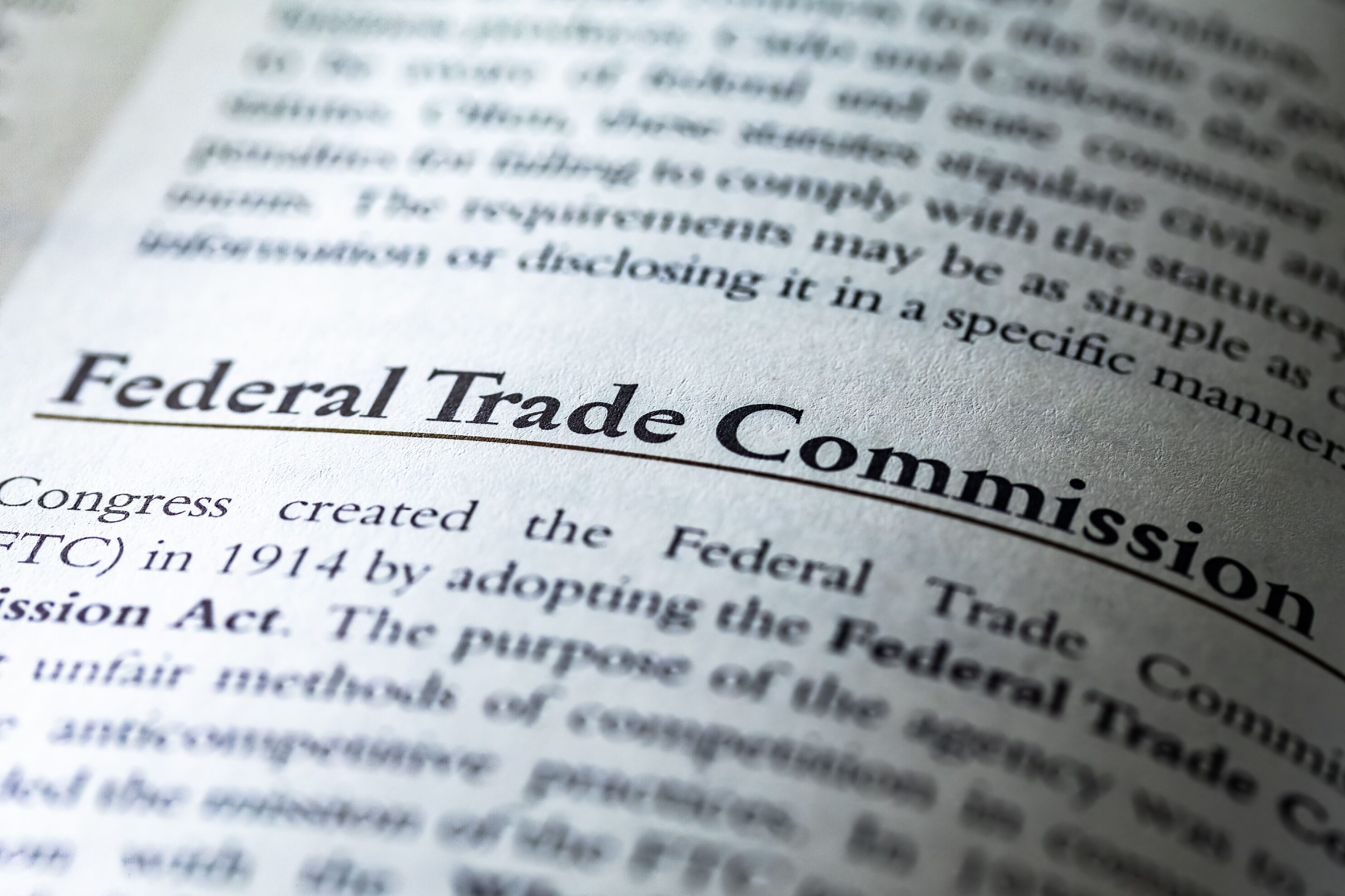FTC Announces New Rule Banning Non-Compete Clauses
By: Alice K. Jump and Cleopatra Elrashidy
Earlier this week, the Federal Trade Commission (FTC) issued a final rule banning noncompetes (employment clauses preventing employees from working within their field for a set amount of time after leaving their previous job) nationwide. According to the FTC, this decision is meant to promote competition, protect the “fundamental freedom of workers to change jobs” and foster new ideas and businesses (specifically predicting that this new rule will lead to an additional 8,500 startups per year). The FTC also asserts that the ban will increase wages, lower health care costs, and lead to an estimated average increase of 17,000 to 29,000 more patents each year for the next 10 years.
Who will this new rule impact? Currently it is estimated 1 in 5 Americans are subject to a noncompete and for the majority of these individuals, their noncompetes are theoretically banned after the rule’s effective date (120 days after it is published in the Federal Register: Mid-August 2024). Existing noncompetes for senior executives can remain in force, but new noncompetes, even for senior executives, have been disallowed. Employers will not need to formally rescind their existing noncompetes, but they will need to inform their non-senior executive employees that their noncompetes are no longer enforceable. The FTC proposes that if employers wish to protect their investments, in lieu of noncompete clauses, they can use non-disclosure agreements to protect trade secrets (a form of agreement frequently utilized alongside a noncompete).
Despite the fact that the FTC has established this rule, it does not necessarily mean that private individuals will be able to challenge their noncompete on their own behalf. If an individual’s employer violates an FTC rule, the primary course of action available to the employee is to submit information about a suspected violation of the rule to the Bureau of Competition, whereupon the FTC can begin an investigation. The FTC notes that they cannot provide legal advice, act on behalf of private individuals, or answer questions about their investigations. In short, while the FTC can enforce this rule, the agency does so on its own terms. Of course, if an employer seeks to enforce a noncompete covered by the alleged ban, the employee may have the defense that the provision is illegal or void as it is against public policy.
There is also much uncertainty as to whether the noncompete ban will actually take effect, as it is already facing court challenges. Less than 24 hours after the FTC announced their final rule, the U.S. Chamber of Commerce initiated a lawsuit against the FTC arguing that the FTC has overstepped its authority. The Chamber of Commerce alongside the Business Roundtable, the Texas Association of Business, and the Longview Chamber of Commerce claim that the FTC lacks the authority to issue rules that define unlawful methods of competition. The FTC’s Spokesman, Douglas Farrar, argues that congress empowered the agency to prevent “unfair methods of competition” and the FTC argues that noncompetes are an instance of one such unfair method of competition. Others, however, consider this to be an overreach. We will continue to follow developments.
 This article is intended as a general discussion of these issues only and is not to be considered legal advice or relied upon. For more information, please contact RPJ Partner Alice K. Jump who counsels clients on litigation, alternative dispute resolution and business counseling, with particular emphasis on representing clients in the financial services and real estate industries as well as educational and non-profit institutions. Ms. Jump is admitted to practice law in New York and before the United States District Courts for the Southern and Eastern Districts of New York and the United States Court of Appeals for the Second Circuit.
This article is intended as a general discussion of these issues only and is not to be considered legal advice or relied upon. For more information, please contact RPJ Partner Alice K. Jump who counsels clients on litigation, alternative dispute resolution and business counseling, with particular emphasis on representing clients in the financial services and real estate industries as well as educational and non-profit institutions. Ms. Jump is admitted to practice law in New York and before the United States District Courts for the Southern and Eastern Districts of New York and the United States Court of Appeals for the Second Circuit.

